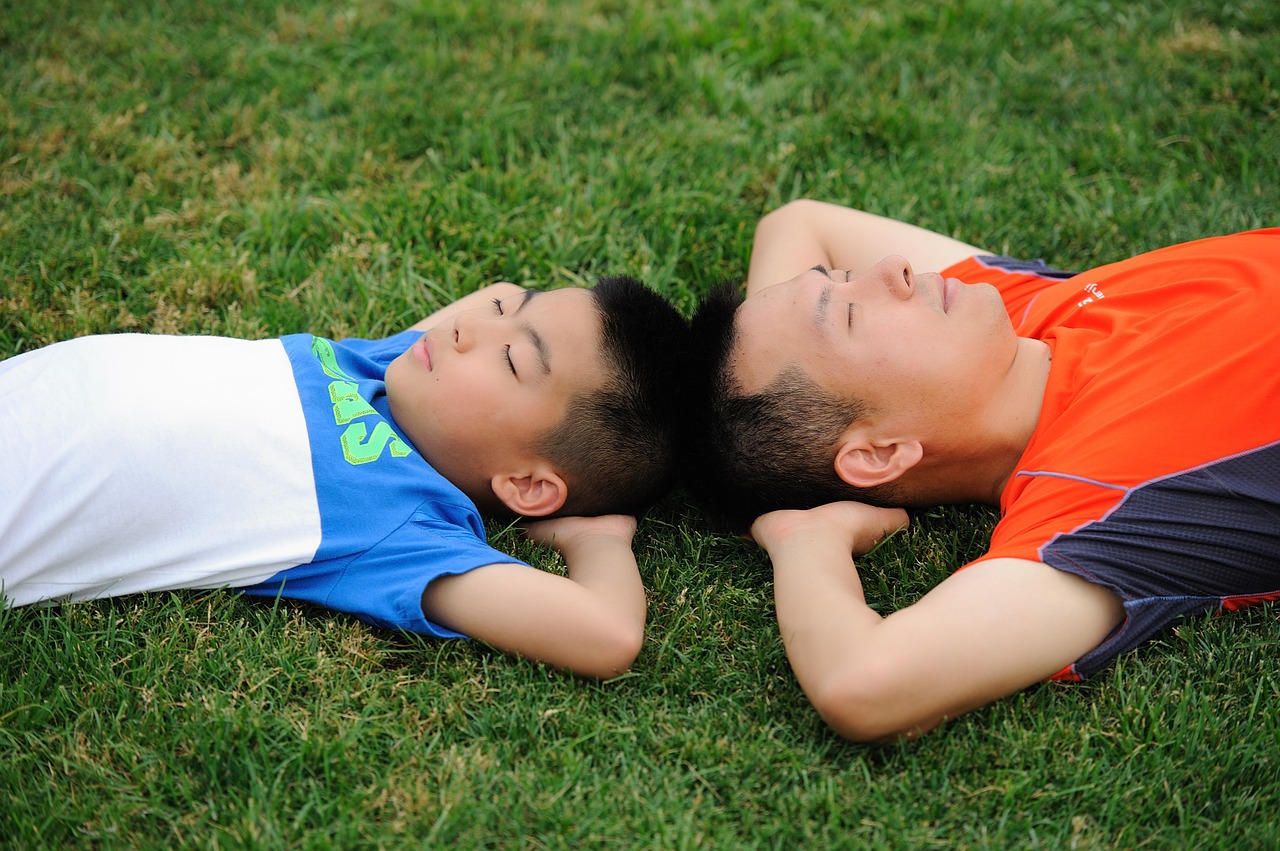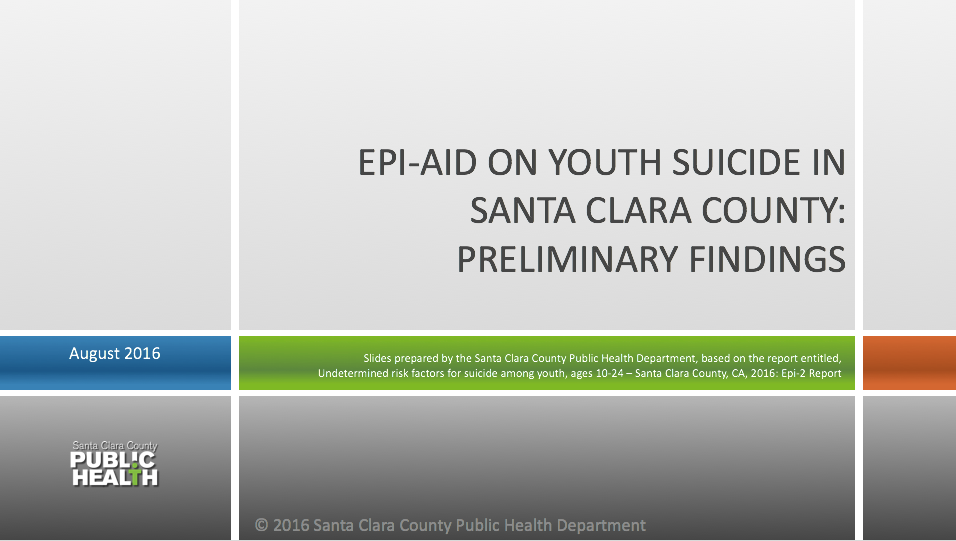 The world can be a scary place for all of us, but especially children. As adults, we can choose to avoid or limit our social media and news coverage. But children often get exposed to violence, or news of violence, without warning.
The world can be a scary place for all of us, but especially children. As adults, we can choose to avoid or limit our social media and news coverage. But children often get exposed to violence, or news of violence, without warning.
It is possible to protect your children to some extent while also equipping them with the tools to help them if they are exposed to information that increases their fear and anxiety. Additionally, there are ways to comfort our children, even when we are stressed about world and national events.
Five ways to help
1. Talk to your children about war and violence.
Proactively, you can talk to them before they hear about war or death tolls. You can tell them very generally that there are places in the world where war is happening and that, unfortunately, we do live in a world where individuals and groups sometimes resort to violence. You can let them know that they may hear about terrible things in the news from their friends or at school and that you want them to come and talk to you about what they learn.
This will encourage them to come to you for information rather than trying to figure it out on their own or find other sources.
Allowing them to ask questions and process their feelings about what they’ve heard or experienced is critical because it demonstrates that vulnerability is acceptable and encouraged. It’s OK to be upset, frightened, and need support.
2. Identify safe spaces and techniques to help them stay grounded.
Safe spaces refer to places that give them comfort and remind them they are not alone.
Grounding techniques refer to ways that we remind ourselves that we are safe, even when we may feel unsafe. Sometimes, grounding involves focusing on something around us, such as a landscape, photograph, picture, or anything tangible we can see. Another grounding technique involves deep breathing, taking slow, intentional breaths to calm ourselves.
A third technique includes thinking of a positive memory that would make us feel happy or at peace.
3. Help others in your community.
After a tragedy, whether it’s local, national, or international, we often feel helpless. It’s hard to wrap our heads around so many bad things happening. Children experience this also, and it can be helpful to teach them that there are things we can do.
We can’t solve the world’s problems, but we can help others in need. Sometimes, there are tangible ways we can help the victims or their families. Helping others brings a sense of purpose and value to us that reminds us that, even though /there will always be problems in the world, we can make a difference.
4. Make time for fun and leisure.
In our busy lives and the busy lives of today’s children, planning fun activities that do not involve school, extracurricular sports, or other obligations can seem difficult. But you and your children must take breaks from reality and spend time together. It can be something as simple as walking, playing outside, or doing something creative together, such as art or music.
5. Teach them to think flexibly about the state of the world.
Adults have an important role in shaping children’s thoughts and behaviors. If children constantly hear us saying that the world is terrible or hopeless, they will quickly adopt those views. If you believe those things, perhaps it’s time to think more flexibly.
Although devastating wars and mass shootings can feel overwhelming, and it can be hard to keep a positive perspective, we need to avoid all-or-nothing thinking.
We can’t control what happens in the world around us, but we can have some control over how we respond to it. As parents, we take control in teaching our children how to respond to the world. And these strategies can help you, too, even if you don’t have children.
Excerpted from “Five Ways to Help Children Cope in a Violent World” in Psychology Today. Read the full post online for details on the tips above.







